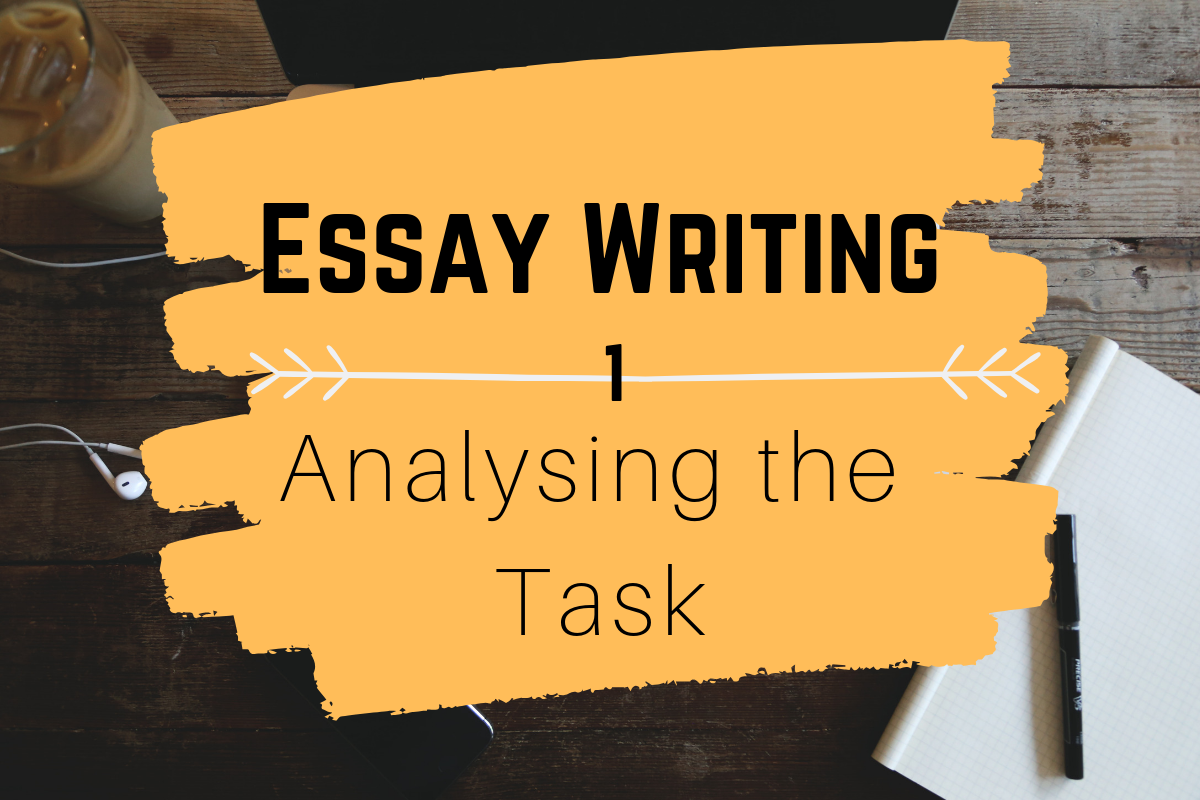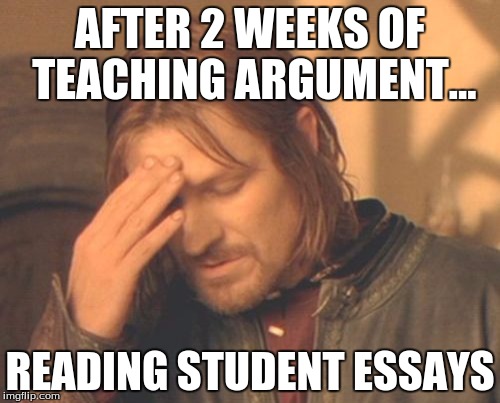
Why do we write essays?
Essays are a piece of writing that most people are pretty familiar with, right? You probably had to write them at school, and in most topics, they make up the bulk of assessment. But do you actually feel confident that you know what an essay is, or what’s expected of you?
Writing essays, particularly in an academic context, is all about transmitting your knowledge and ideas to others. Usually, we do this in the form of an argument. By putting forward a claim and using evidence to support that claim, we not only show our understanding of a topic, but we also demonstrate our critical thinking skills, our ability to communicate effectively, and are able to process our learning.
This is why they are one of the most favoured types of assessments of our lecturers and tutors.

What are markers looking for?
Your markers generally want to see that you have – drumroll please – addressed the question. Yep. But they want to see that you have fully addressed the question. this means:
- Your argument is logically developed
- your writing is well structured with a clear introduction, key body paragraphs and conclusion
- you’ve used supporting evidence well
- your discussion remains relevant
- you’ve analysed the topic in depth.

In order to make sure we address all of this, as well as any other criteria outlined in the rubric, it’s important to make sure we understand the essay requirements so that we can make a plan (more about that in the next post!) The first thing we need to do is analyse the question to ensure we understand what we need to do, and how we should do it!
Concept Words and Task Words
Analysing the task is something that we often think we do, but sometimes don’t do properly. It’s important to pay attention to all parts of the question, including the key concept words and the key task words, as well as the scope of the essay and any formatting and submission requirements.
The key concept words are those that relate to the topic and main discussion points of your essay – basically, the subject. But these can also reveal your limitations, so where/when/in what context are you discussing this concept. It’s important to pay attention to this because it means you’ll keep your discussion to only that which is most relevant. For example, you might have a question that asks ‘how can teachers develop critical thinking skills in the classroom?’ The concept words here are ‘teachers’ and ‘critical thinking skills’. The limitation is ‘in the classroom’. A discussion of teaching critical thinking in any other context then would be irrelevant.
The task words tell you how to do your assignment. These are your instructions. They might be something like ‘discuss’, ‘examine’, ‘distinguish’, ‘outline’. These words all might sound similar, but they often have quite distinct meanings, and I have included a task word breakdown here. It’s also important to distinguish between key words such as ‘how’, ‘why’ and ‘what’. These all ask different things of us. In the example question above, the key task word is ‘how’. This means the essay should focus on process and methods rather than, say, why teaching critical thinking is important.
Check out this task word glossary: Commonly used task words – Definitions
Scope
Next, pay attention to the scope of the essay – so how long is it, what is it weighted, and what are the research requirements? This is important for figuring out how much work is required of you and what the expectations will be. This can also help reveal how to determine what will actually make it into your essay. As I said earlier, you probably won’t be able to cover everything you know about a topic in a single essay, so use this to determine how you will limit your focus.
Finally, check the rubric. This is what you’ll be assessed against, and so it’s really important to make sure that you’re across all of the criteria. This document can also help you figure out how you may wish to structure your assignment, and may highlight any hidden elements that don’t stand out in the assignment guidelines themselves, such as the depth of critical thinking or analysis expected, the breadth of evidence required, or how you synthesise ideas.
Once you’ve successfully analysed the task and gained a clear idea of what is expected of you, you should do some planning. A plan and an outline will help you develop your argument, which is a fundamental part of not just the content of your essay, but how it is structured!

